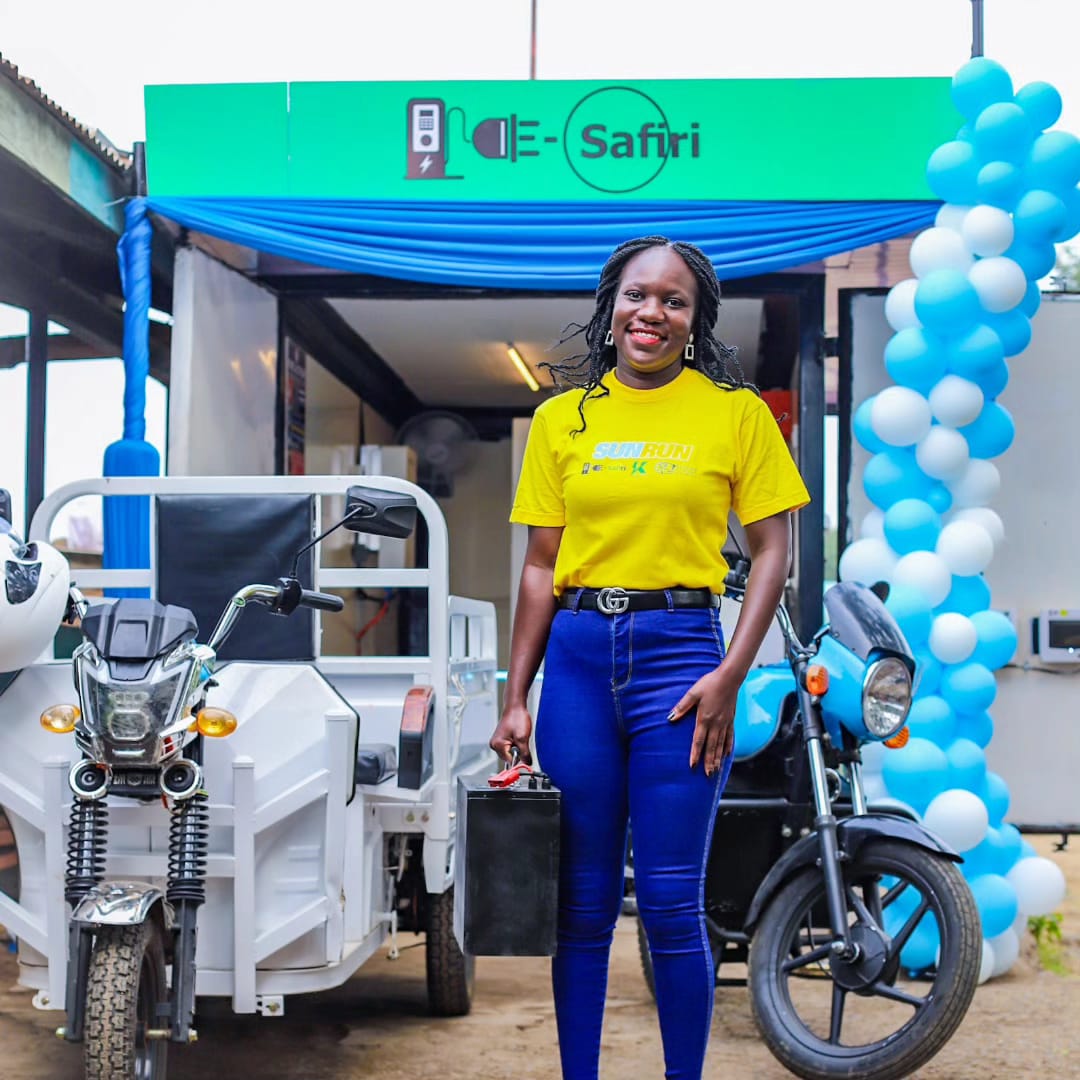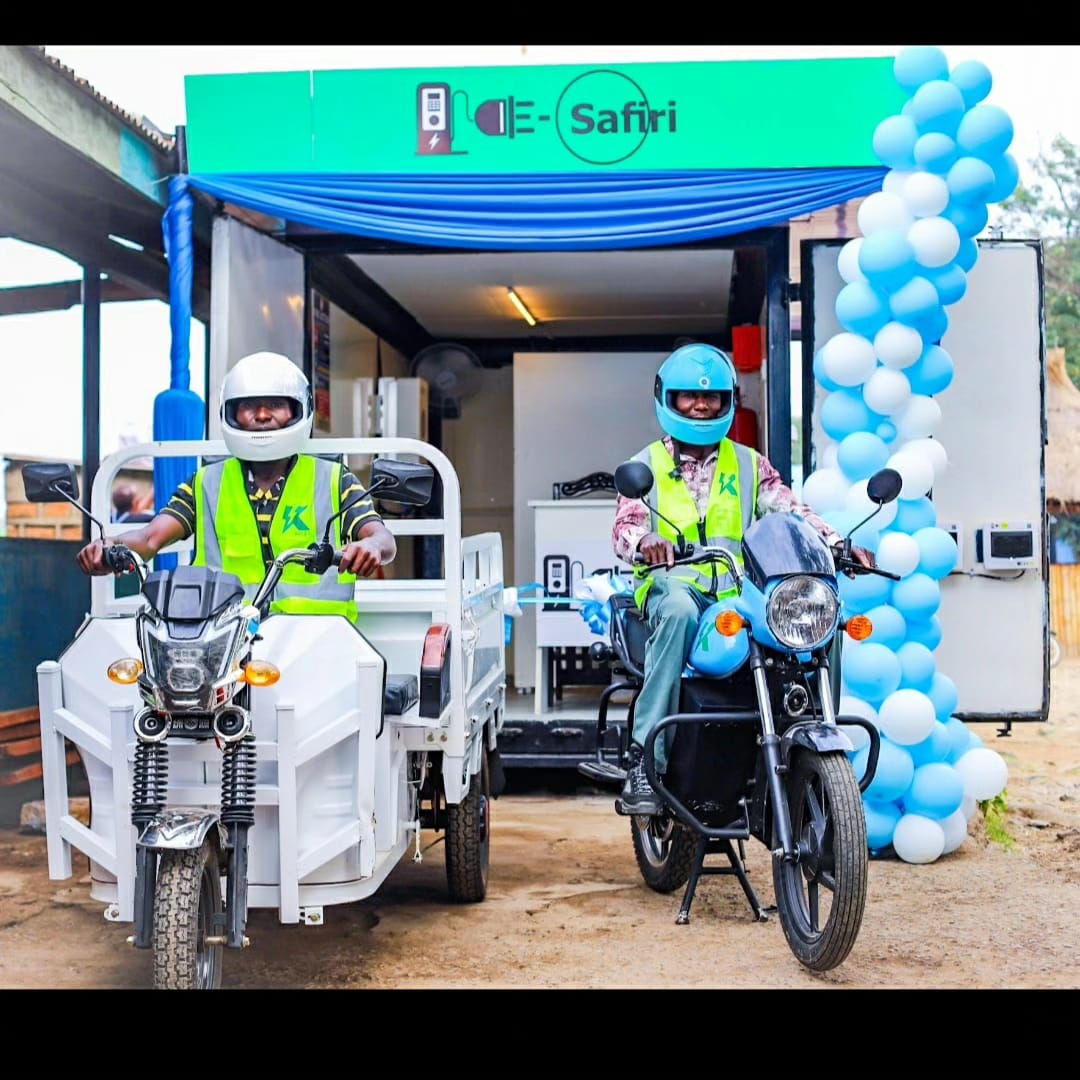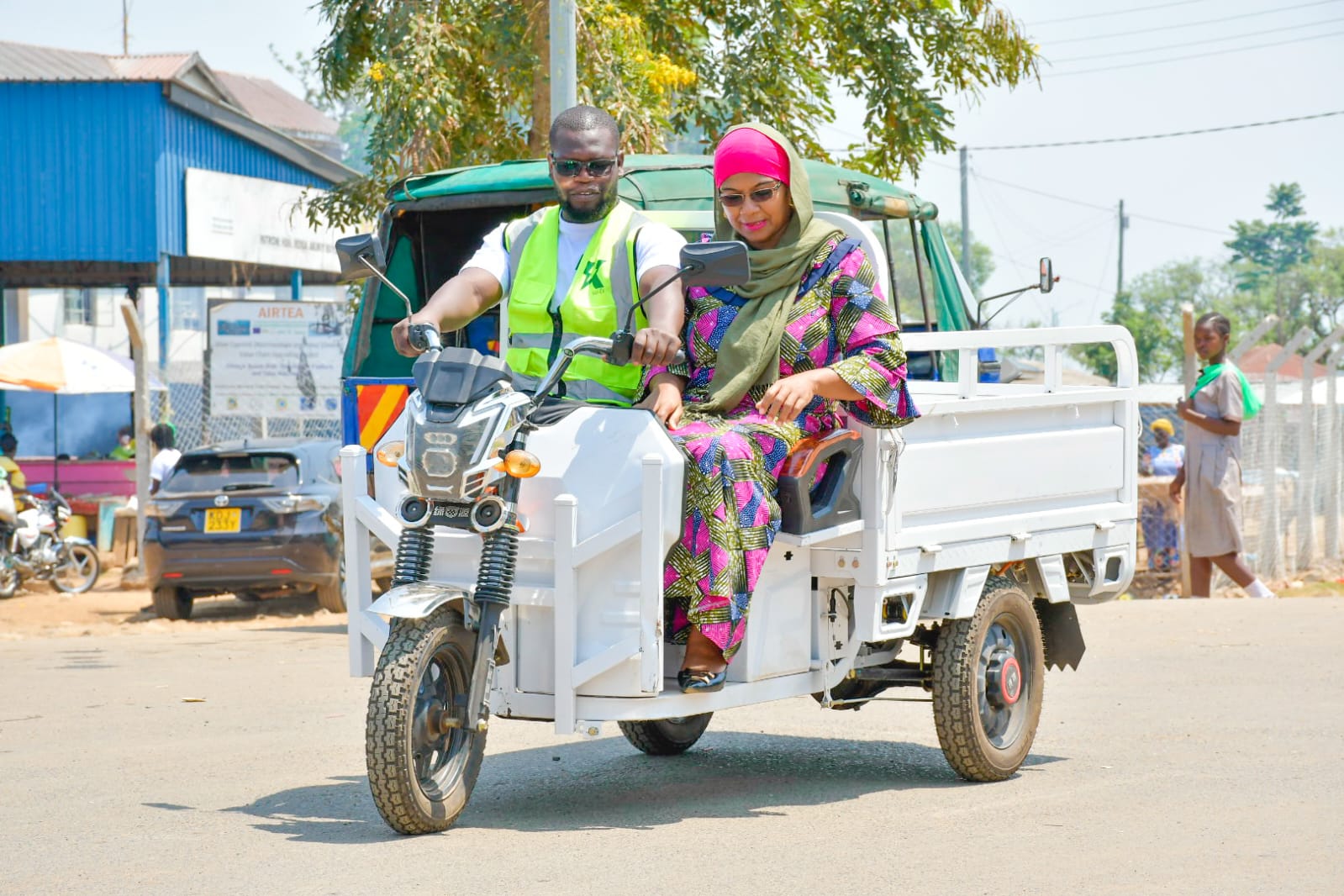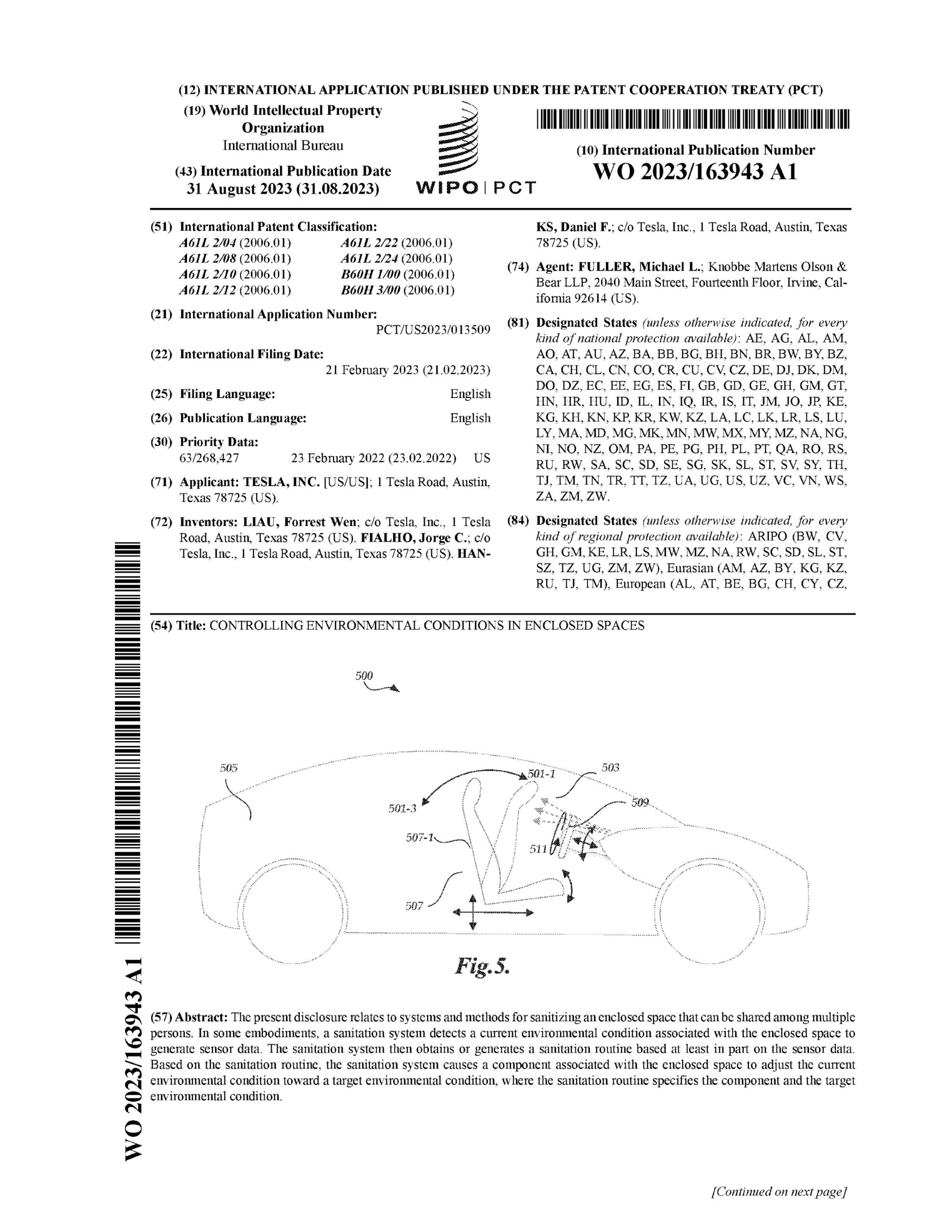
The global transition to electric mobility is going to be a game-changer for the African continent, and especially for the people living and working in rural areas of the continent. These areas are severely underserved in terms of transport services for people and their goods. This severely hampers their development potential and is often the lead cause of post-harvest losses, as people in these communities fail to get their crops and other perishables to the market on time, losing valuable income. Technological advancements and significant cost reductions in the solar PV, battery storage, and electric vehicle technologies has resulted in these technologies becoming available on more favorable pricing terms, as well as with innovative financing platforms. This presents a major opportunity to disrupt the current status quo in these places.
We have seen it before with the telecommunications and fintech industries. Once the underserved and unbanked population were introduced to the world of mobile phones, and subsequently mobile money, they quickly jumped in. They simple bypassed the fixed line era and brick & mortar banking when superior technology and services became available before the traditional telecoms and banking services had reached them. Having waited years for fixed telephone networks and traditional banking services to reach them, there was simply no reason to wait any longer once cellphones and associated value added services arrived. Africa’s low motorization levels present a similar opportunity, especially in the rural areas.
The combination of small electric vehicles such as two- and three-wheelers that will be powered by distributed solar and stationary battery backup systems is going to transform the transport and energy landscape in these rural areas. That is because where it was not really feasible to put up large forecourts to supply petrol and diesel in these remote areas, they can now easily adopt small solar-powered systems in conjunction with these electric vehicles.

In an exciting development, the very first solar-powered battery charging and battery swapping hub for rural mobility has been launched in Dunga beach, Kisumu County, Kenya, by the SUN-RUN partnership.
The partnership supported by P4G partnerships consists of E-Safiri, a Kenyan startup that specializes in renewable energy solutions, distributed micro-generation, and temporary power solutions, and a female-led startup that is developing charging infrastructure; Glasgow Caledonian University, a world class institution that delivers innovation through research in key areas of strength; Sustainable Transport Africa, which aims at introducing sustainable transport in Africa; and KIRI EV, an electric vehicle and mobility startup which aims at introducing world-class innovation and standards in electric vehicles.
The launch, held on the 1st of August 2023 at Dunga Beach, was attended by stakeholders, partners, and the community at large.
The project aims to provide affordable, reliable, and sustainable transport solutions and other productive uses of renewable energy solutions such as cold storage within the fishing community. The project emphasizes inclusion of women in sustainable mobility as swapping operators, riders, and overall beneficiaries of the electric mobility eco-system.
Images courtesy of E-Safiri
I don’t like paywalls. You don’t like paywalls. Who likes paywalls? Here at CleanTechnica, we implemented a limited paywall for a while, but it always felt wrong — and it was always tough to decide what we should put behind there. In theory, your most exclusive and best content goes behind a paywall. But then fewer people read it! We just don’t like paywalls, and so we’ve decided to ditch ours. Unfortunately, the media business is still a tough, cut-throat business with tiny margins. It’s a never-ending Olympic challenge to stay above water or even perhaps — gasp — grow. So …







